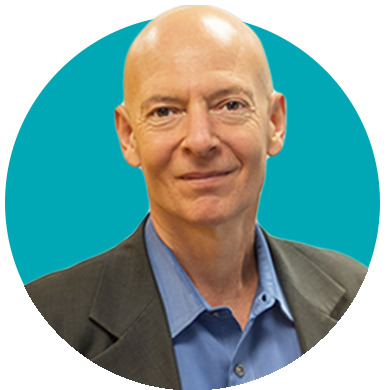We are stepping into the new year with a disordered job market where some industries cannot attract or keep enough workers, while others are planning workforce reductions. Overall, employers are focused on retaining talent in a world of continued turnover, quiet quitting, and burnout. This has real costs to business. According to Korn Ferry, employee burnout alone accounts for 40% of staff turnover and the replacement cost is 120% to 200% of original salary.
Over the last three years, every business and HR leader has learned the importance of resilience: the ability to deal with adversity and continuously adapt and accelerate as disruptions arise. Now more than ever retaining your best talent requires fortifying them with the skills of resilience including empathy, emotional intelligence, and problem solving.
When economic uncertainty threatens to disrupt productivity and focus, and increase burnout and turnover, the best companies are able to adapt and thrive by building workforce resilience.
Why record levels of uncertainty and trauma are fueled by economic uncertainty
Ways to remove risk from a workforce reduction
Strategies to help your people be more resilient, agile, and change-ready
How to make your workforce a force for growth, capable of accelerating through disruption

meQ Chief Knowledge Officer and Co-founder

Mauris suscipit sapien sed arcu ults, ut commodo tellus fermentum

Mauris suscipit sapien sed arcu ults, ut commodo tellus fermentum

Mauris suscipit sapien sed arcu ults, ut commodo tellus fermentum
Andrew is a fellow at the Brookings Institution’s Center for Executive Education, a former professor of psychology at the University of Pennsylvania and currently on the faculty of the College of Medicine at the University of Arizona. He has published prolifically in peer-reviewed journals and is the author of The Resilience Factor: 7 Keys to Finding Your Inner Strength and Overcoming Life’s Hurdles and meQuilibrium 14 Days to Cooler, Calmer and Happier. Shatté has trained hundreds of thousands of professionals over the past two decades to build their own resilience and coping skills, with demonstrated success in bringing about long-term change in productivity and performance. He completed his undergraduate education in his native Australia, and completed his Ph.D. in psychology at the University of Pennsylvania, where he worked on the first programs in positive psychology.
Suspendisse mattis eleifend placerat. Fusce imperdiet iaculis eleifend. Ut efficitur porttitor pulvinar. Pellentesque non nunc dapibus, tristique enim in, placerat risus. Fusce vitae diam eleifend, porta augue eget, viverra justo. Sed vel lobortis augue. Etiam nec risus a ligula posuere convallis. Sed eu turpis facilisis, blandit nibh commodo, congue magna.
Suspendisse mattis eleifend placerat. Fusce imperdiet iaculis eleifend. Ut efficitur porttitor pulvinar. Pellentesque non nunc dapibus, tristique enim in, placerat risus. Fusce vitae diam eleifend, porta augue eget, viverra justo. Sed vel lobortis augue. Etiam nec risus a ligula posuere convallis. Sed eu turpis facilisis, blandit nibh commodo, congue magna.
Suspendisse mattis eleifend placerat. Fusce imperdiet iaculis eleifend. Ut efficitur porttitor pulvinar. Pellentesque non nunc dapibus, tristique enim in, placerat risus. Fusce vitae diam eleifend, porta augue eget, viverra justo. Sed vel lobortis augue. Etiam nec risus a ligula posuere convallis. Sed eu turpis facilisis, blandit nibh commodo, congue magna.